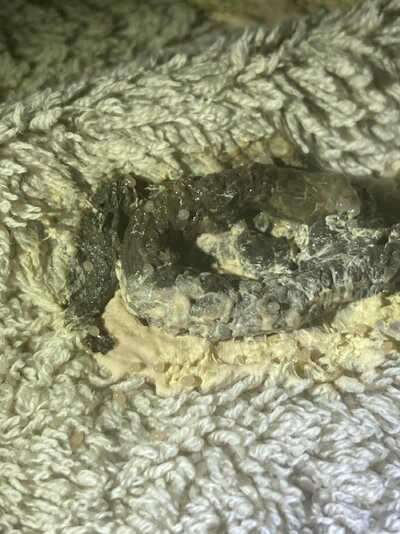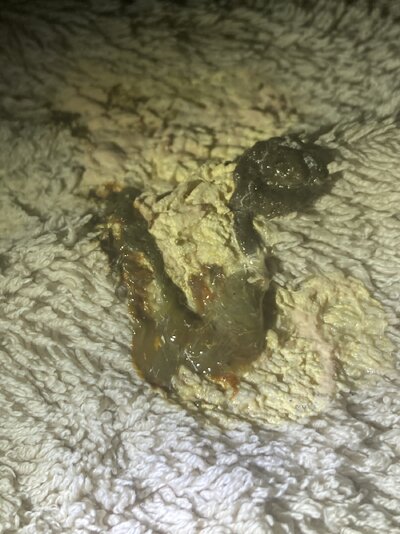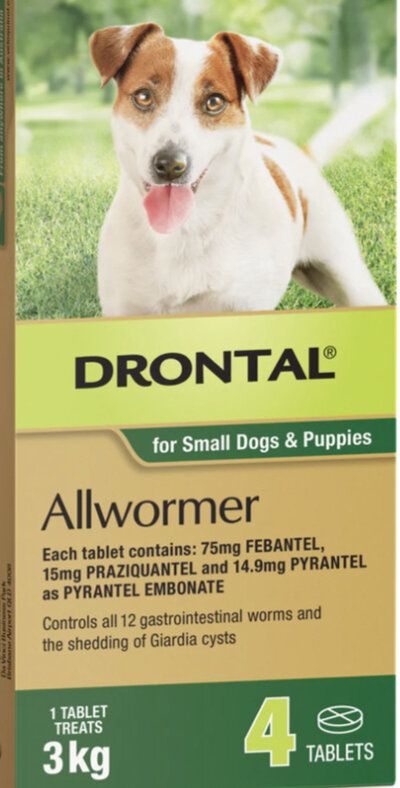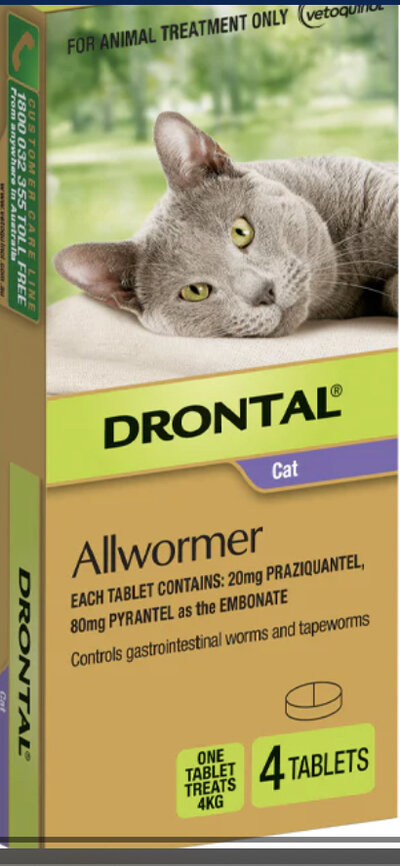Lillith37
Specially interested in chickens
Hello,
I have discovered tapeworm segments in the droppings of my hen Whitetail. For the past week or so she has been laying irregularly/infrequently, with intestinal sloughing in her droppings, and she has had a mildly slow crop. Today she laid a soft shelled egg and has been acting hiding herself away and puffing up.
I have found and ordered flubendazole on the internet so I can treat Whitetail and the rest of my flock, but I’m not sure how long it will take to arrive. Whitetail is currently crated with access to food and water, grit and oyster shells.
Can anyone please give me some advice on the best ways I can support my hen until the medication arrives? She is still eating and drinking but she’s far from her usual self.
Thank you so much in advance
I have discovered tapeworm segments in the droppings of my hen Whitetail. For the past week or so she has been laying irregularly/infrequently, with intestinal sloughing in her droppings, and she has had a mildly slow crop. Today she laid a soft shelled egg and has been acting hiding herself away and puffing up.
I have found and ordered flubendazole on the internet so I can treat Whitetail and the rest of my flock, but I’m not sure how long it will take to arrive. Whitetail is currently crated with access to food and water, grit and oyster shells.
Can anyone please give me some advice on the best ways I can support my hen until the medication arrives? She is still eating and drinking but she’s far from her usual self.
Thank you so much in advance









